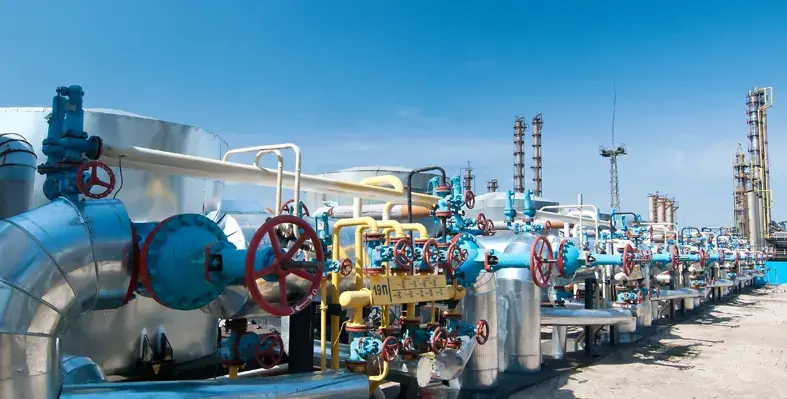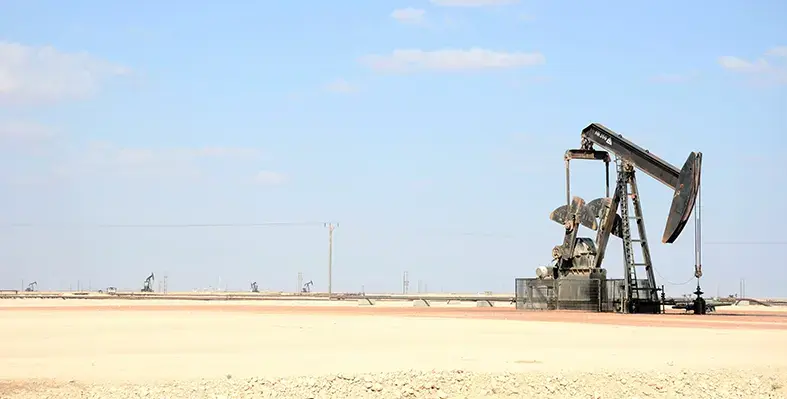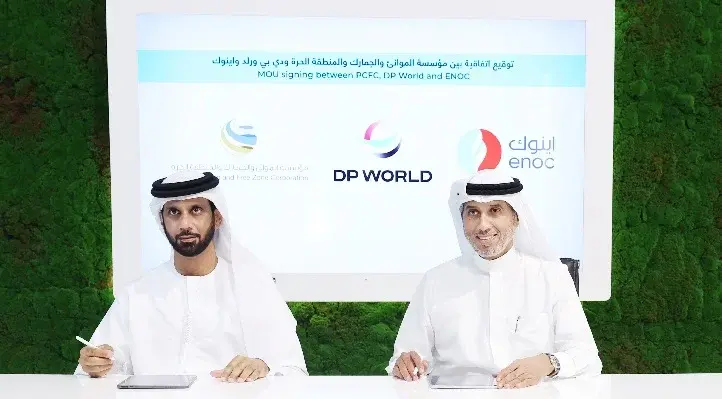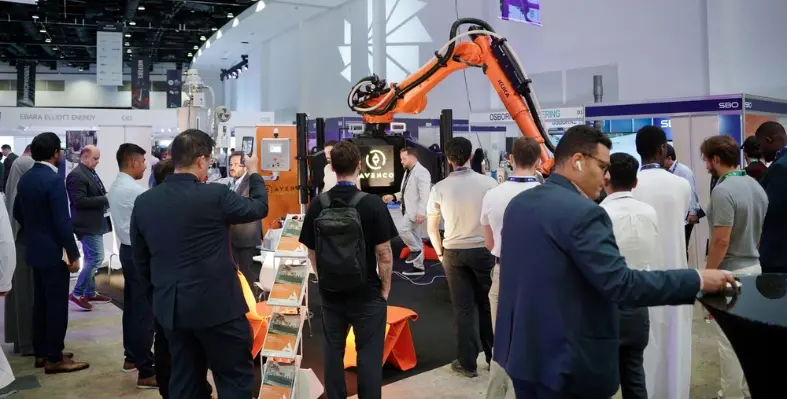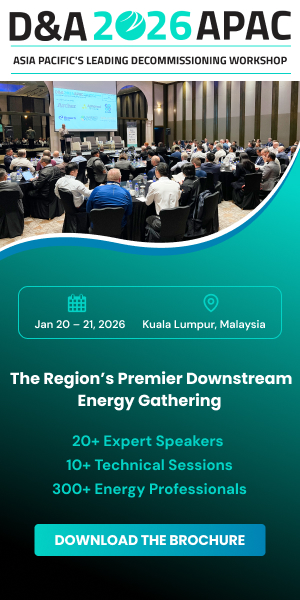
Hani Attia, general manager of KSA and Bahrain at John Crane. (Image source: John Crane)
Hani Attia, general manager KSA and Bahrain at John Crane, spoke to Oil Review Middle East on the occasion of the conference on “Sealing the Future: Innovation and Reliability in Turbomachinery,” hosted by Aramco
Oil Review Middle East (ORME): Can you briefly tell us about your T93AX and SENSE Turbo solutions and their applications? How do you view the market for these solutions in Saudi Arabia and the region?
Hani Attia (HA): John Crane’s Type 93AX is our next-generation coaxial separation seal, specifically engineered to safeguard dry gas seals in turbomachinery by preventing oil ingress and maintaining non-contacting operation, even during upset or failure scenarios. With a robust design capable of handling up to 70 bar and high rotational speeds, it achieves a significant reduction up to 80% in nitrogen consumption compared to conventional designs, thereby lowering operating costs and emissions. Its bi-directional capability, extended ten-year design life, and ability to remain functional under separation gas loss or dry gas seal failure set a new benchmark for reliability and safety in compressors used across oil and gas, LNG, refining and petrochemicals.
Complementing this hardware innovation, our SENSE Turbo solution embeds sensors directly within the dry gas seal to deliver continuous, high-fidelity monitoring of temperature, leakage, contamination and vibration. By providing early warning insights and real-time diagnostics, SENSE Turbo enables predictive intervention, extends mean time between repairs, and reduces unnecessary maintenance costs one case study demonstrated it prevented eight days of unplanned downtime, avoiding millions of dollars in lost production.
Together, these technologies are transforming turbomachinery reliability in Saudi Arabia and the wider region, where major operators in Saudi such as Aramco are actively pursuing localisation, digitalisation, and life-extension programmes. While traditional time-based maintenance remains common, the adoption of predictive monitoring and asset management is accelerating as customers seek to optimise efficiency, cut costs, and enhance safety. In this context, John Crane is collaborating closely with our customers delivering advanced sealing solutions, deploying SENSE Turbo on critical assets, and building local service capabilities to drive innovation, improve uptime, and support the Kingdom’s sustainability and Vision 2030 goals.
ORME: How can predictive monitoring and asset management solutions help to increase operational efficiency, reduce downtime and lower maintenance costs in the oil and gas sector? To extent are these solutions being deployed, or is there still a reliance on traditional methods?
HA: Predictive monitoring turns real-time machine and seal health data into early-warning insights, so teams fix the right issue at the right time. The result is fewer emergency shutdowns, longer mean time between maintenance, better spares planning and lower lifecycle cost per MW of compression. Asset-management frameworks then lock in those gains by standardising work processes, closing the loop from alert → root-cause → action → proven outcome.
Deployment is accelerating across the region, especially on critical compressors and pumps, but many plants still blend traditional time-based maintenance with digital programmes. The near-term opportunity is pragmatic hybridisation; start with the most consequential assets, prove value quickly, and scale.
ORME: How is John Crane collaborating with Aramco to drive innovation and raise performance in the oil and gas sector?
HA: We work with Aramco on three fronts:
1. Application engineering & upgrades: tailoring sealing solutions (including T93AX families and dry-gas-seal enhancements) to site conditions, aiming for higher reliability, lower emissions and safer operation.
2. Digital reliability: deploying SENSE-enabled monitoring on priority turbomachinery to provide early-warning diagnostics, accelerate troubleshooting and shorten turnaround windows.
3. Localisation & capability building: partnering through our KSA footprint to localise services, strengthen spare-parts responsiveness, and upskill local talent via training and joint problem-solving.
This integrated approach, engineered hardware plus digital insights, delivered locally, helps Aramco and the wider Saudi ecosystem improve uptime, reduce maintenance cost and support sustainability objectives.
